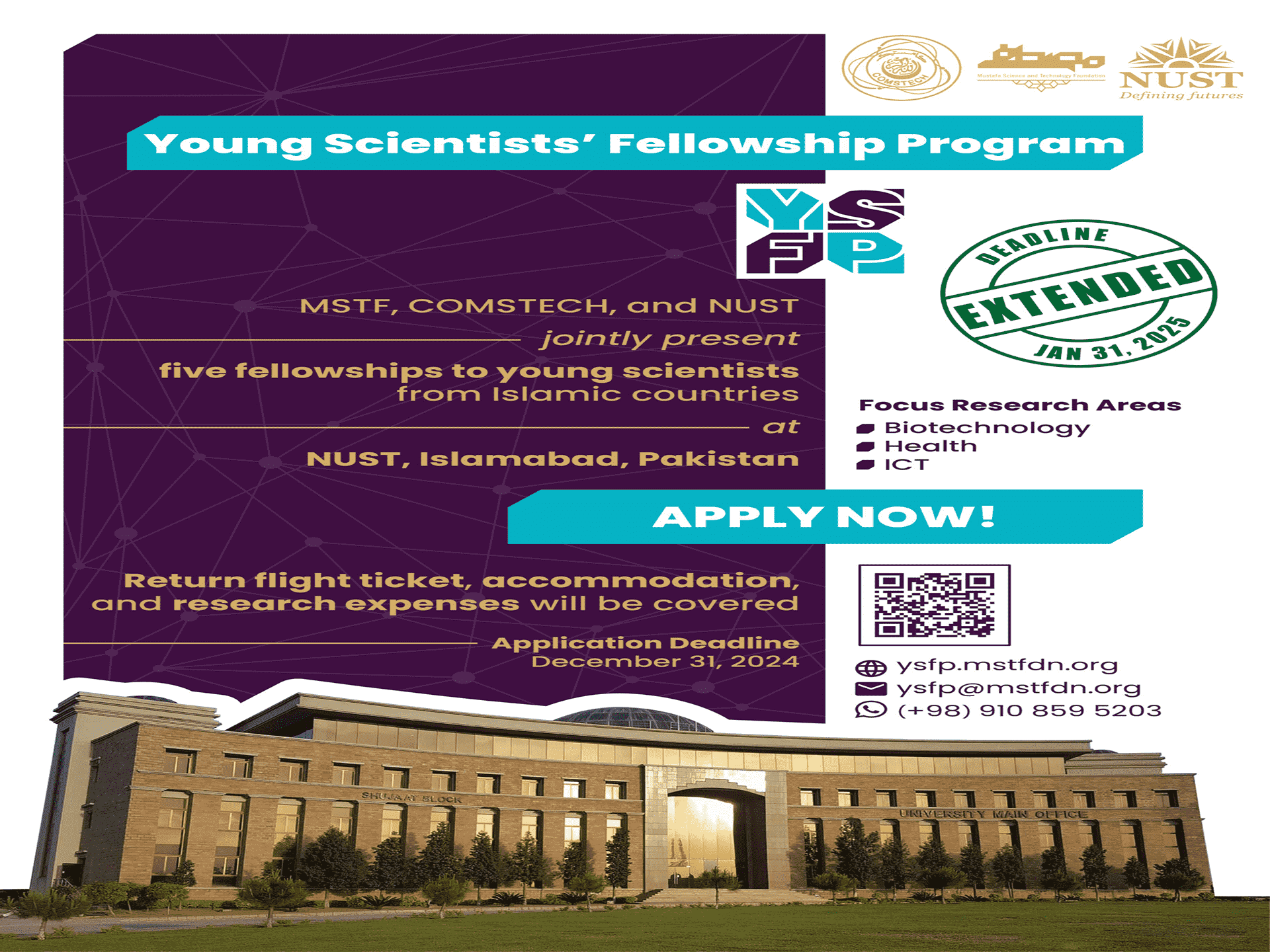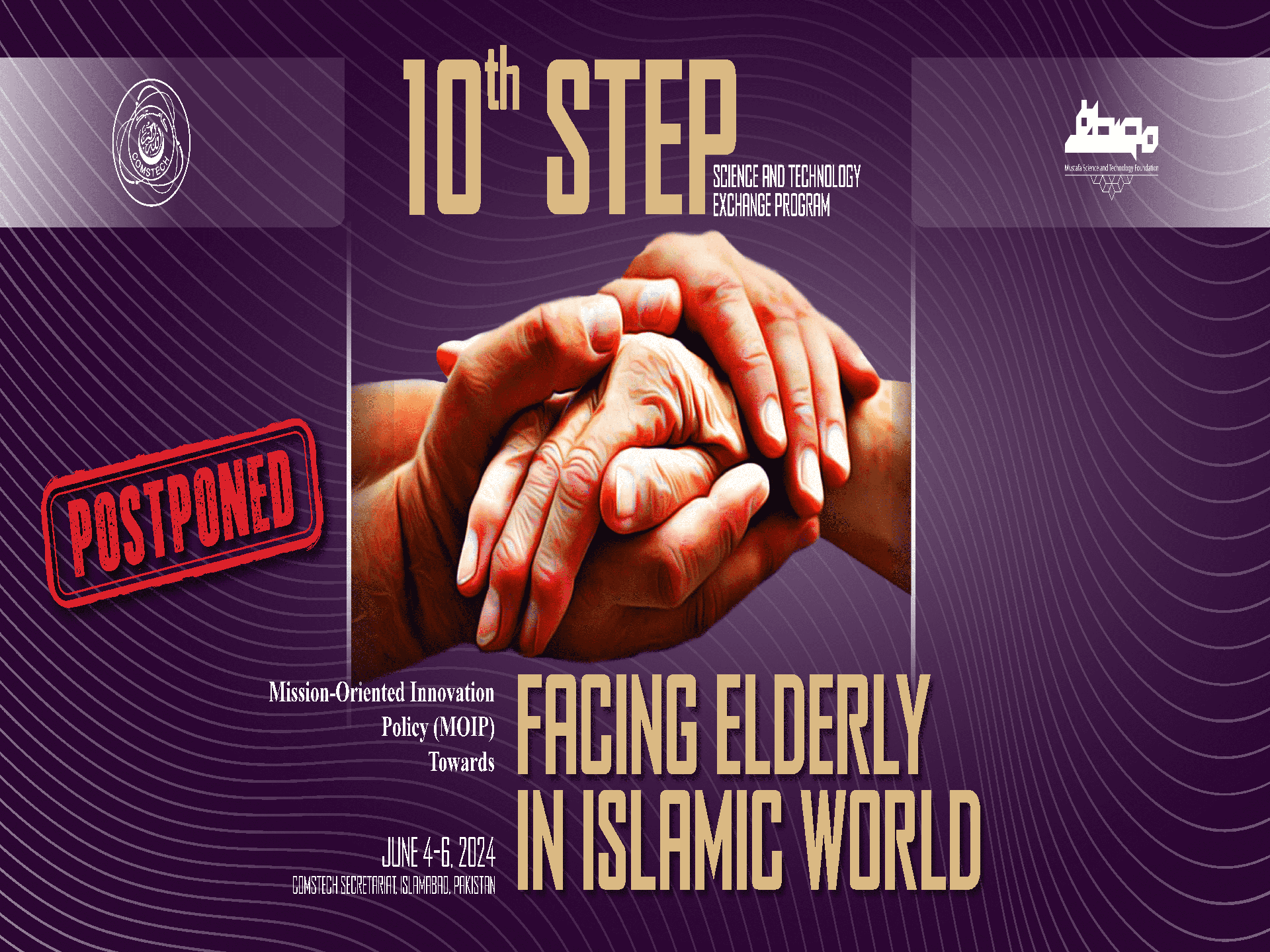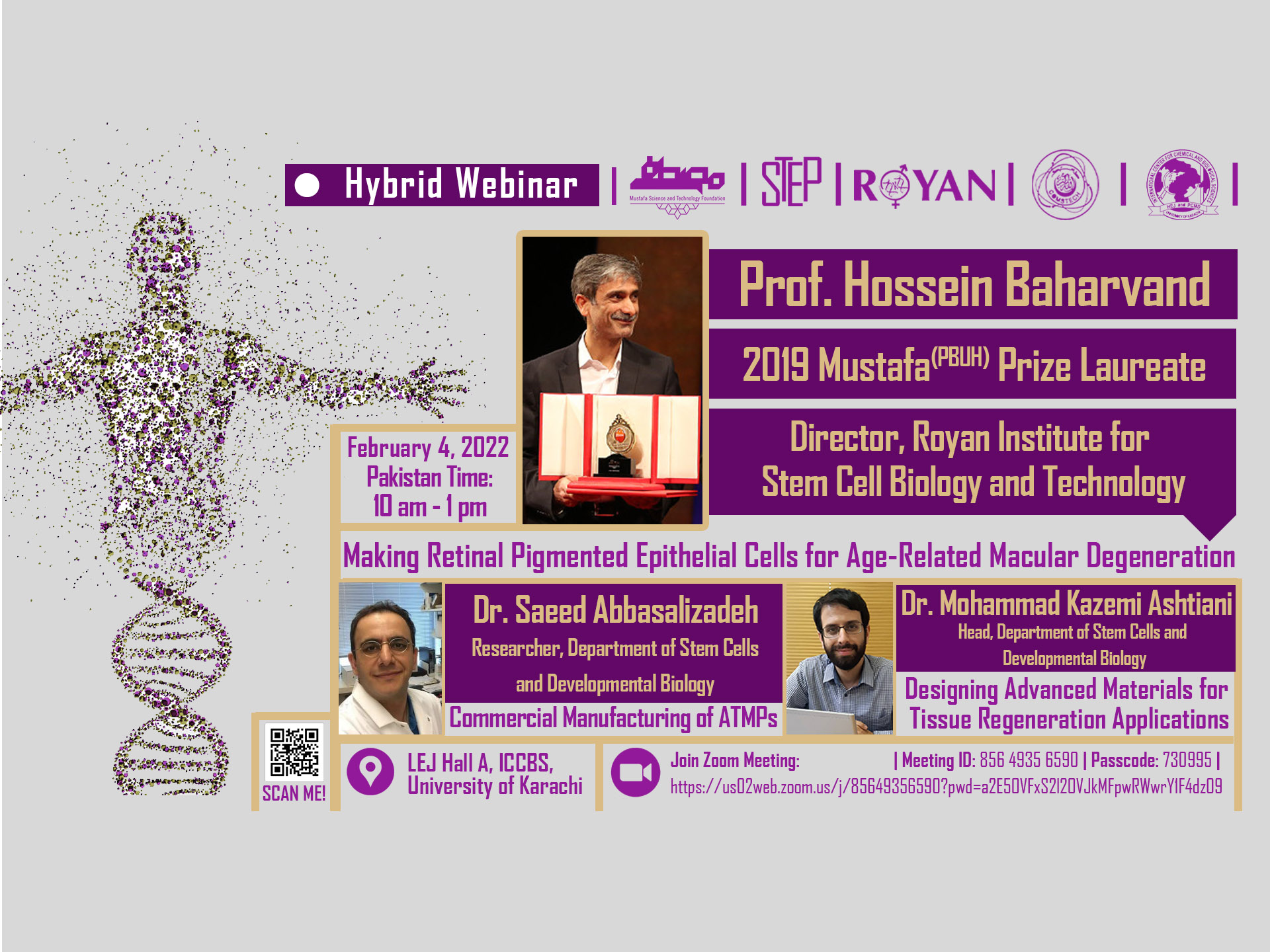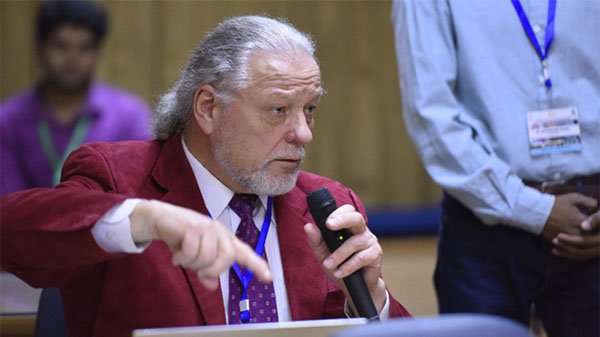TOP STORIES

Mobility as Networking Strategy in Islamic Countries
09 Nov. 2019
MSTF Media reports:
In the panel discussion that was held in Alzahra University on Saturday, November 9th, five prominent scientists from various countries discussed the priorities of science and technology cooperation network in the Islamic world and shared their views on the approaches that can be taken in increasing networking and cooperation among Islamic scientists.
Saeed Sarkar hosted the discussion panel which included Professors Abdulkadir Balikci, Saad Mekhilef, Umran Inan, Yusef Baran, and Hamlet Isayev.
Professor Abdulkadir Balikci who is a distinguished researcher and professor from Turkey, stressed the importance of the awareness that must be raised among Islamic scientists and also mobility programs that enable students from all over the world to experience studying in different institutions around the world. These mobility programs, according to Balikci, help to transfer knowledge among scientists and academics in the Islamic countries. Therefore, exchange programs, grants and mobility programs are of high importance nowadays. Balikci further pointed to the necessity of persistence on the part of scientists in specific areas. For instance, researchers must focus on fields such as artificial intelligence, genetic science, and engineering and be persistent upon them.
Professor Mekhilef, from University of Malaya, pointed to the barriers that scientists face today in advancing science and technology. The first drawback, according to Mekhilef, is a lack of political will and sincerity in scientific collaborations in the Islamic community. Muslims, Mekhilef asserted, must be more mobile in the world, making use of the knowledge of other universities and institutions around the world.
A second drawback, Mekhilef stated, is a lack of high-end facilities and infrastructure. More money needs to be spent on the research conducted by Muslims, according to Mekhilef. He also maintained that the living standards and life quality of Muslim scientists need to be enhanced. Mekhilef also expressed a great desire for conducting scientific collaborations with Iranian researchers. He said that the collaborations between Iranian scholars and their university has been high and he wishes to expand it.
One way to enhance collaboration among scientist is to omit the visa policy, Mekhilef stated. He pointed to the large number of students form Sharif and Tehran Universities that used to study in their university and pointed to the necessity of designing mobility programs to increase collaborations.
Yusef Baran, Professor at Abdullah Gul University, also expressing his hope for a wider collaboration, talked about the ways in which Islamic scientists can reach ‘concrete outcomes’ by way of collaboration. He claimed that the most important point scientists should consider is that the first step to a successful collaboration is that countries be aware of the infrastructures other countries have.
Further, Hamlet Isayev, from Azerbaijan, discussed the ways in which the development of technology and science has changed since the golden age of Islam. According to him, ‘the golden age of Islam was an era of great cooperation,’ economically and scientifically. There was also great patronage for scientists at that time. However, times have changed. He stated that the problem nowadays is that Muslim scientists do not cooperate with one another, but look to the western and developed countries for scientific cooperation. He took the university he works in as an example; this university collaborates with South Korea on various projects such as economic development.
Umran Inan elaborated on the main topic of the discussion, i.e. the priorities of cooperation in the Islamic world. According to him, they are the same as western countries, meaning we should put merit on people’s freedom to produce the best that they can and help creativity. What the Islamic world needs, he said, is ‘broad education and interdisciplinary research.’ The Islamic countries need not govern people, but to let them be and follow the path they desire. He further emphasized on the importance of interdisciplinary thinking and the critical fields of study such as medicine and social science which build the future of science in the Islamic world. So, according to him, networking should start with our own institutions and the free environment that they provide for scientists.
Saeed Sarkar, the moderator of the discussion, further stated that surprisingly Iran has the most scientific collaborations with the United States. This is because most scholars who graduate from western universities pursue their research with their previous professors. Other members of the panel confirmed this fact and stated that awareness must be raised among Islamic scientists for an increase in the collaboration and networking.
The scientists also mentioned the need to eliminate borders that have been created in the scientific world. According to them, Allah knows no border between science and we need to remove them by disregarding racial matters and focusing on serving the society only.







